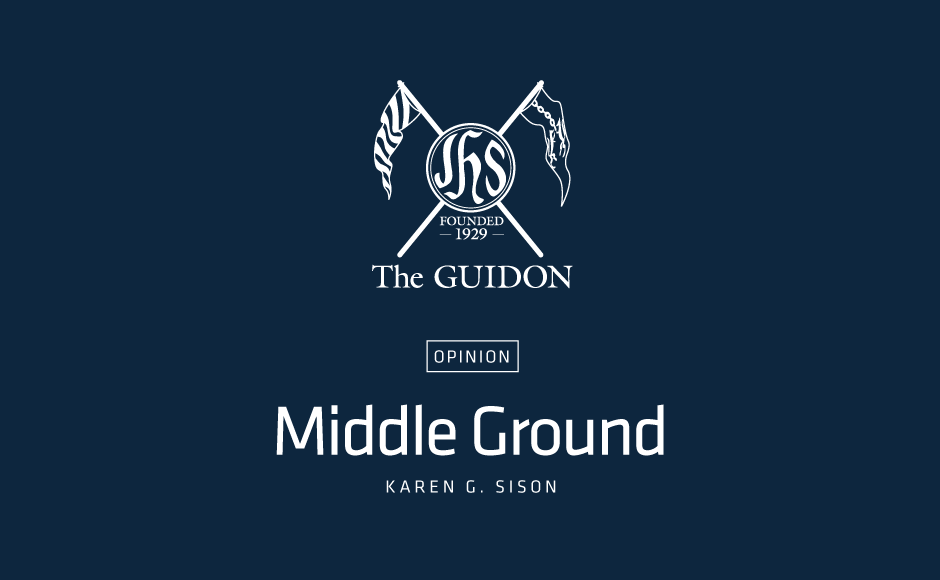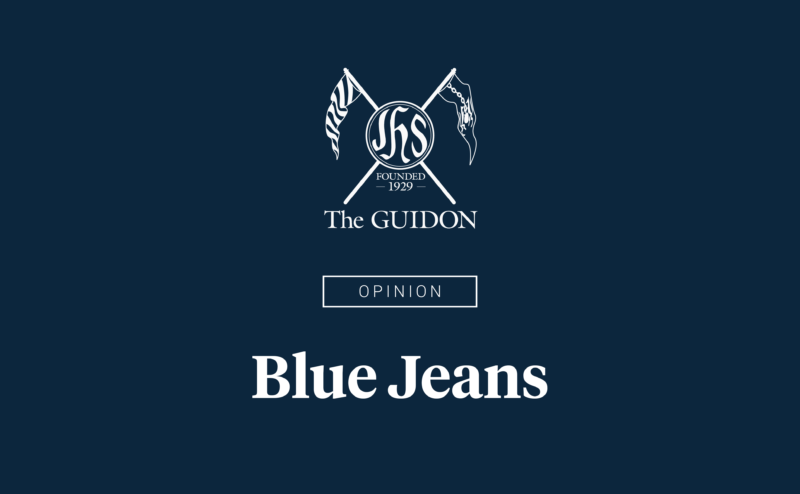“Being poor is too expensive.”
This line caught my eye as I was scrolling down my Twitter feed one day. I opened the attached hyperlink which led to a piece on Lifehacker that talked about how costly it was to be poor in terms of health, transportation, clothing, and finances in general.
And it made a lot of sense. Poverty entails more than simply not possessing or earning enough money and resources. If getting out of poverty meant “simply working harder”, hardly anyone would be poor (or at least poor for a long time). There are so many factors involved, such as purchasing power at a given time.
To illustrate, say, someone needs to buy a new laptop for work. A rich person might be able to purchase it abroad for a cheaper price at once. If he or she knows someone traveling to that country or coming home to the Philippines, that rich person might even be able to avoid shipping costs by asking his or her friend to carry the laptop with their luggage. Someone poorer might not be able to afford that luxury. Because he or she needs the laptop right away, that person may give a down payment for the laptop, then pay in installments. This most likely will have added interest, and in turn, he or she may end up paying more than the rich person did in total.
While the article focused on poverty from an economic perspective, in the context of the Philippines, particularly in Metro Manila, it is not just about resources or lack of them. The cost of poverty is not just one of a financial nature but of a socio-historical one as well.
Social inequality is embedded in our country’s systems and structures. Historically, land and power were given to certain families who supported the colonizers, in what Benedict Anderson, late scholar and expert on Southeast Asian studies termed as “cacique democracy.” The power of these families pervades up until the present day. While new players, the nouveau rich, have joined the game, the few elite still have a strong hold on power and influence the distribution of wealth and resources. Furthermore, the gap between the rich, the lower, and even the middle classes is glaring.
With financial problems coupled with social inequality, it is no wonder that social mobility, or the ability to move between social classes, is so difficult, and that income inequality is so blatant in the Philippines.
Who should be held responsible? There is no singular group that can be held accountable. It is not completely the fault of the poor for the state they are in. With the unjust systems present in our society, circumstances tend to overpower their hard work. For most, it is beyond their control. Conversely, the rich cannot be blamed completely for their privilege, especially if they were born into it.
What can be done? Certainly not blaming one or the other. They say that education is the key to breaking out of the cycle of poverty, but it’s not as simple as it sounds. Education shouldn’t be imposition or indoctrination, especially of beliefs from the sole perspective of the elite. It is about immersing ourselves, mutually understanding, and collaborating with one another. We need to work together, at all costs.







